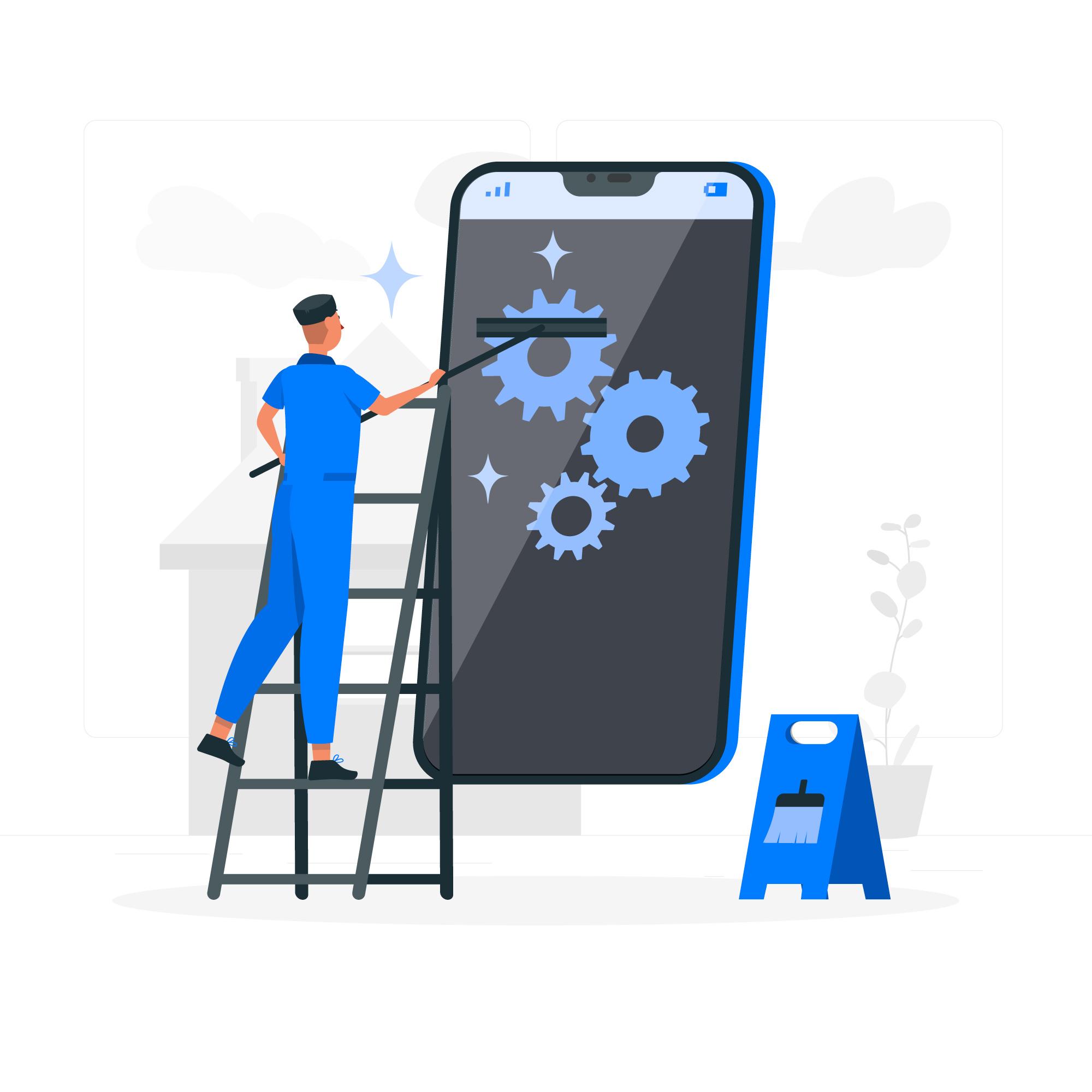
4 minute read
The Importance of Compatibility Testing in Mobile App Testing Services

In the fast-evolving world of mobile app development, ensuring that your app works seamlessly across various devices, operating systems, and screen sizes is crucial for success. This is where mobile app testing services play a vital role. Among the various types of testing, compatibility testing stands out as one of the most important. It ensures that your app functions flawlessly across multiple platforms and devices, providing a consistent user experience. In this blog, we’ll explore the significance of compatibility testing in mobile app testing services and how it can help your app succeed in the competitive market.
What is Compatibility Testing?
Mobile app testing services use compatibility testing to make sure that an app functions properly on a variety of mobile devices, operating systems, network conditions, and browsers. No matter what device or software environment the app is used on, it guarantees that it will continue to work and look as intended. Because consumers access apps on a variety of devices with varying setups, operating systems, screen sizes, and hardware capabilities, this kind of testing is crucial.
Why Compatibility Testing Matters
1. Ensures Seamless User Experience
The way an app works on a user's device is a big aspect of the user experience (UX). It can result in unfavorable reviews, uninstalls, and irate consumers if your software functions perfectly on some devices but crashes or fails to load on others. Compatibility testing, which is a component of mobile app testing services, guarantees that your app will work flawlessly and consistently across a variety of devices. Increased user satisfaction and retention are essential for your app's long-term success.
2. Expands Reach Across Platforms
With the diversity of devices in the market—ranging from Android and iOS smartphones to tablets and wearables—ensuring compatibility across all platforms is critical. Mobile app testing services that conduct compatibility testing verify that your app runs optimally on various operating systems (Android, iOS, etc.), OS versions, and hardware specifications. This broadens the app’s accessibility, allowing you to reach a wider audience and tap into different markets. Whether it’s different screen sizes, resolutions, or hardware configurations, testing ensures your app works consistently for all users.
3. Identifies Device-Specific Bugs and Issues
One of the challenges in mobile app development is the vast number of devices available in the market. Each device may have unique hardware features, software configurations, and screen dimensions that could impact your app’s performance. Mobile app testing services that include compatibility testing identify device-specific bugs and issues before they impact your users. By testing across multiple devices and configurations, you can identify performance glitches, crashes, or layout issues specific to certain devices and fix them proactively.
4. Improves App Stability
Your app's overall stability can be increased by making sure it works with a range of mobile devices and operating systems. Testing for compatibility ensures your software works as intended in a variety of settings, such as with different network configurations (Wi-Fi, 4G, etc.) and device specifications (processing power, memory, etc.). It also takes into consideration variations in device settings, including language, screen resolution, and accessibility features. Mobile app testing services help guarantee that your software is dependable and stable across all platforms and devices by taking into account all of these elements.
5. Reduces the Risk of Negative Reviews
In the competitive mobile app market, user feedback is everything. If your app doesn’t work on certain devices or has compatibility issues, it can lead to bad reviews, poor ratings, and ultimately, a loss of users. By incorporating compatibility testing into mobile app testing services, you reduce the risk of these issues occurring. A bug-free, consistent experience across devices leads to better reviews and improved ratings in app stores, which directly contributes to the app’s success.
6. Cost-Effectiveness in the Long Run
Long-term cost savings can be achieved by investing in mobile app testing services that include thorough compatibility testing early in the development stage. By identifying problems before users are impacted, expensive and time-consuming post-launch fixes can be avoided. Compatibility testing also aids in the early detection of device fragmentation issues, avoiding the need for a significant app redesign later on. By taking this proactive measure, you may avoid future debugging costs and make sure the software is stable and effective across devices.
Conclusion
Compatibility testing is essential to making sure your software satisfies the demands of mobile consumers at a time when they want faultless performance. Compatibility testing, a component of mobile app testing services, ensures that your app functions properly across a range of devices, operating systems, and configurations. You can produce top-notch software that offers every user a consistent and flawless experience by spotting problems early. In addition to guaranteeing user delight, proper testing increases the likelihood that your app will succeed in the cutthroat mobile app market.










